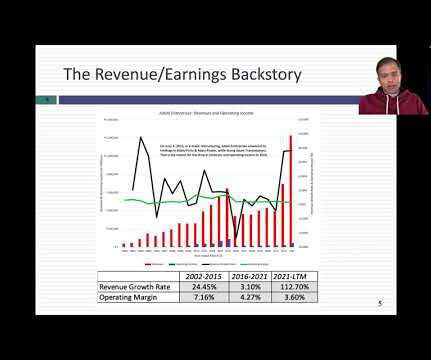The Front Office, Middle Office, and Back Office: How Banks Organize Their Dungeons
Brian DeChesare
JUNE 15, 2022
Yes, if you’re working at a large bank, it’s generally best to be in a “front office” (client-facing) role. First, note that these terms apply only to investment banks and related finance firms (private equity firms, hedge funds, etc.).

















Let's personalize your content